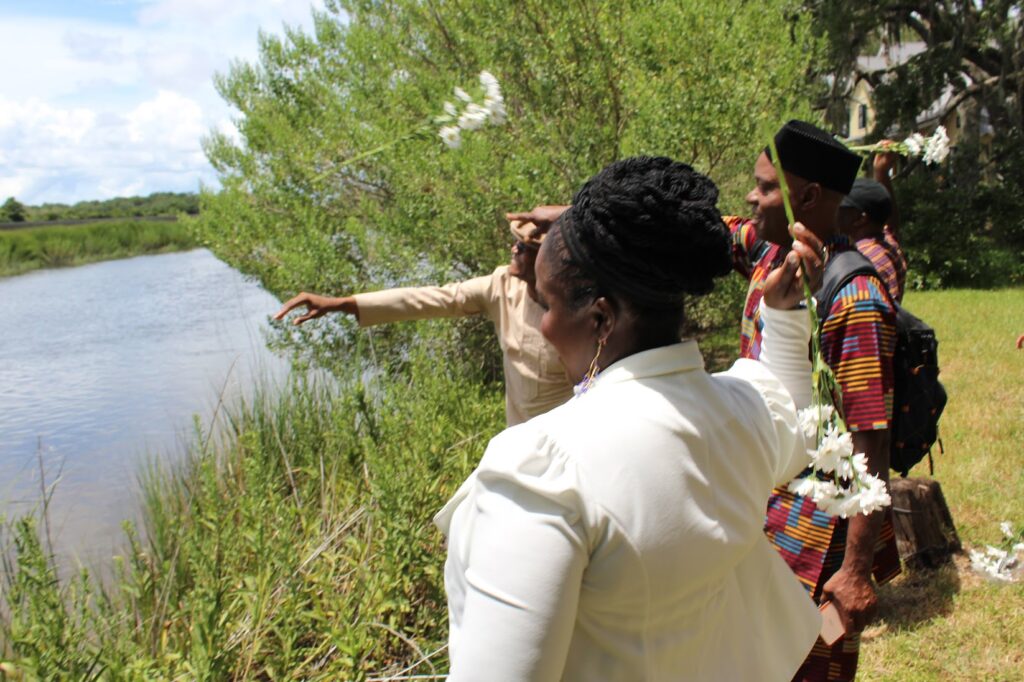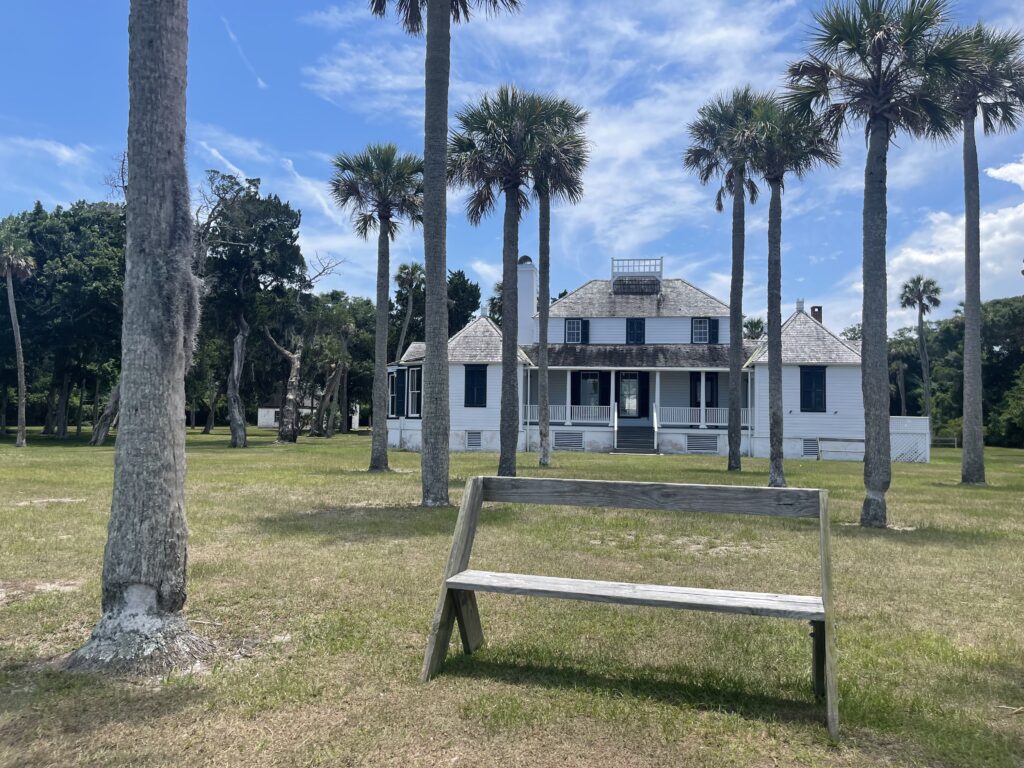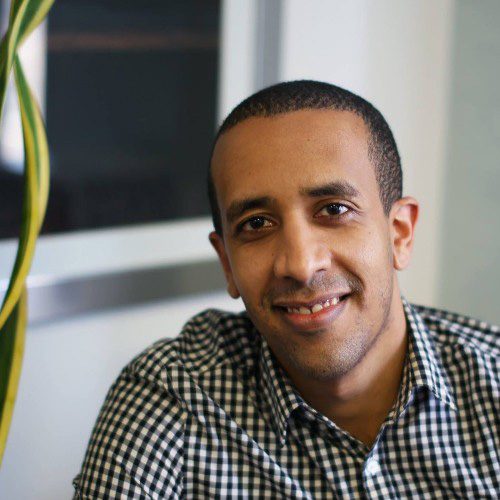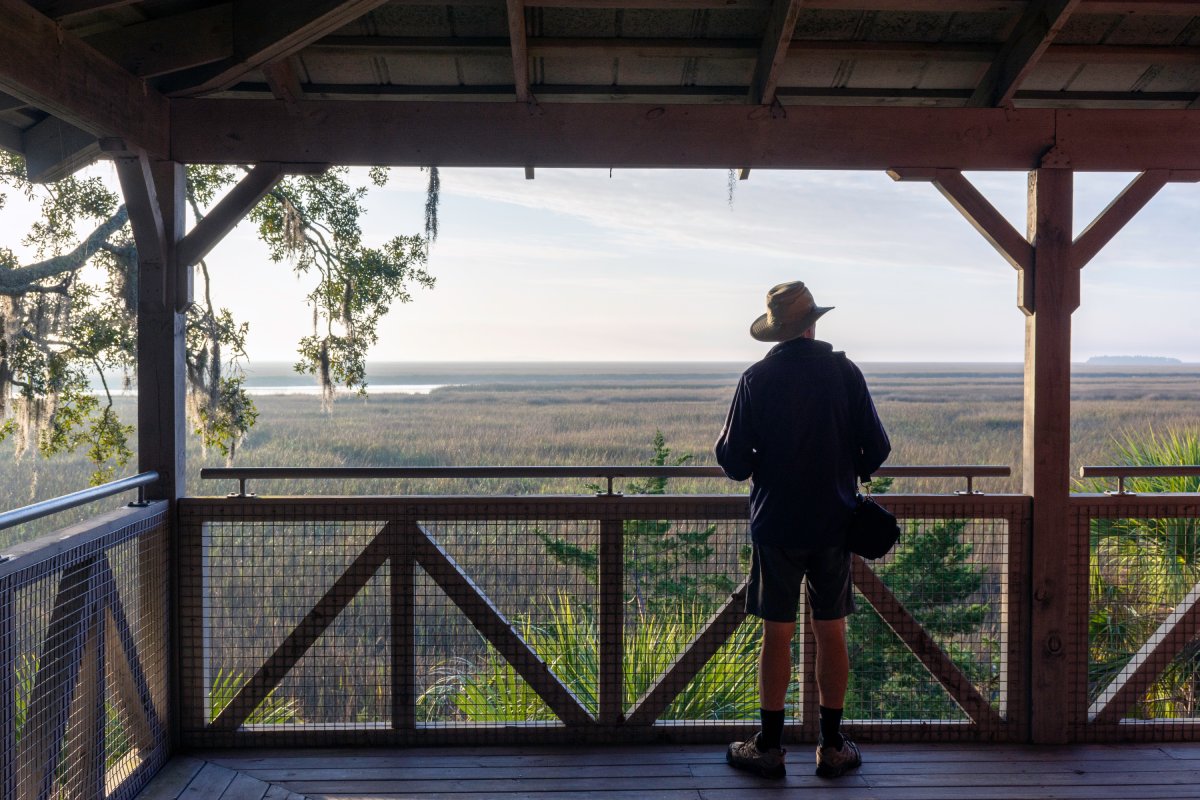Skift Take
Tourism can bring billions of dollars to the Gullah Geechee Corridor along the Southeast coast in the U.S.. The challenge is ensuring most of it doesn't get siphoned off by profit-maximizing outsiders.
Gullah Geechee communities are turning tourism into an empowering force that can help keep them in control of their ancestral lands and stories while preserving and sharing their unique heritage.
Gullah Geechee traditionally lived on the coastal areas and sea islands of Georgia, South Carolina, North Carolina and Florida. They are descendants of West and Central Africans slaves brought to cultivate rice, cotton and indigo. Because of their remote locations away from white domination through and since the Civil War, they’ve maintained a distinctive culture, art, cuisine, music and language that retained much of its African influence. There are an estimated one million Gullah Geechee people.
They have been gradually losing their lands to outsiders over decades, a trend that has accelerated in recent years. Attracted to the land’s pristine beaches, climate and environment, developers have come to build resorts, residential houses, gated communities and golf courses in many areas. Local and state governments have also taken land through eminent domain to build infrastructure.
In some cases, developments were built irresponsibly. On Hilton Head Island, for example, some gated resorts sit on Gullah Geechee lands. “There are Gullah Geechee sacred grounds that those gates hinder the descendants from going to honor their loved ones that are buried,” Victoria Small, executive director of Gullah Geechee Cultural Heritage Corridor NHA, a federal National Heritage Area established by Congress in 2006 to preserve Gullah culture. The corridor spans 12,000 square miles along Georgia, South Carolina, North Carolina and Florida.
Interest in living in these areas accelerated during the pandemic as remote workers bought up homes to get away from crowded areas, a Skift megatrend experienced by other remote destinations. “It has accelerated to the point where a lot of our advocacy has to deal with saving Gullah land and advocating for Gullah Geechee communities,” Small said.
Gentrification has caused property taxes to go up, forcing many locals to have to sell homes passed down generations, said Kenneth Hodges, who also runs the Gullah Geechee Visitors Center on Saint Helena Island and is the reverend of Tabernacle Baptist Church. In addition, some of the developments limited the waterway use of the Gullah, many of which depend on it for fishing, shrimping, crabbing and oystering for their livelihoods.
To help preserve community culture, land ownership and independence, the center promotes and develops heritage tourism. In 2020, the center produced a Report Market for Gullah Geechee Heritage Tourism to help destination marketing organizations better identify Gullah Geechee assets.

One of the key findings of the report, which included a survey of over 1,000 travelers, was that raising awareness of Gullah culture leads to stronger likelihood of visits. In 2021, the Gullah Geechee Cultural Heritage Commission mobilized a tourism alliance of professionals and locals to aid such efforts. It reinforces a Skift megatrend that locals are no longer spectators in travel.
Earlier this year, Intrepid Travel, Blacks in Travel & Tourism and Cultural Heritage Alliance for Tourism, Inc, facilitated a large press trip.
Heritage tourism will attract back those who left to find jobs in Atlanta, Charleston and other cities, especially the younger generations. “With the interest in cultural and heritage tourism, it also opens the window of opportunities for those persons,” Hodges said.
It could bring $34 billion in traveler spending to the Gullah Geechee Corridor, according to the market report. Some locals have developed tour operator businesses, art galleries and restaurants to utilize their authentic and unique culture.

Local tourism industries are also taking notice of the power of the Gullah stories. “For them, tourism was more less the golfing outlets and persons who were attracted to that or some other aspects, but now that they are also began to see that ‘Hey the uniqueness is in the richness of their culture,’ Hodges said.
Some hotels, for example, on Hilton Head Island and in Charleston, South Carolina, have exhibits in their lobbies to showcase Gullah culture or bring in Gullah sweetgrass master basket sowers to elevate the visitor experience, according to Small.
But there remains skepticism in some parts of the Gullah community about the benefits of tourism. “A lot of times when they think about tourism, they think of it all as tourism brings in the big hotels and the native end up just serving in the hospitality industry,” Hodges said. Tourism has a history of not being inclusive of marginalized communities, a takeaway from the Skift Sustainability Summit.
Tourism leaders continue to educate the community that heritage tourism can lift them to the level where there are opportunities to become an entrepreneur and tell their authentic story, Hodges said. The reality is, however, if the Gullah don’t tell their story, it’ll end up told by outsiders, he said
The Daily Newsletter
Our daily coverage of the global travel industry. Written by editors and analysts from across Skift’s brands.
Have a confidential tip for Skift? Get in touch
Tags: charleston, culture, florida, georgia, intrepid travel, north carolina, south carolina, sustainable tourism

